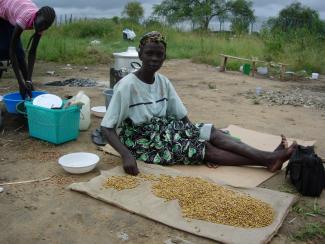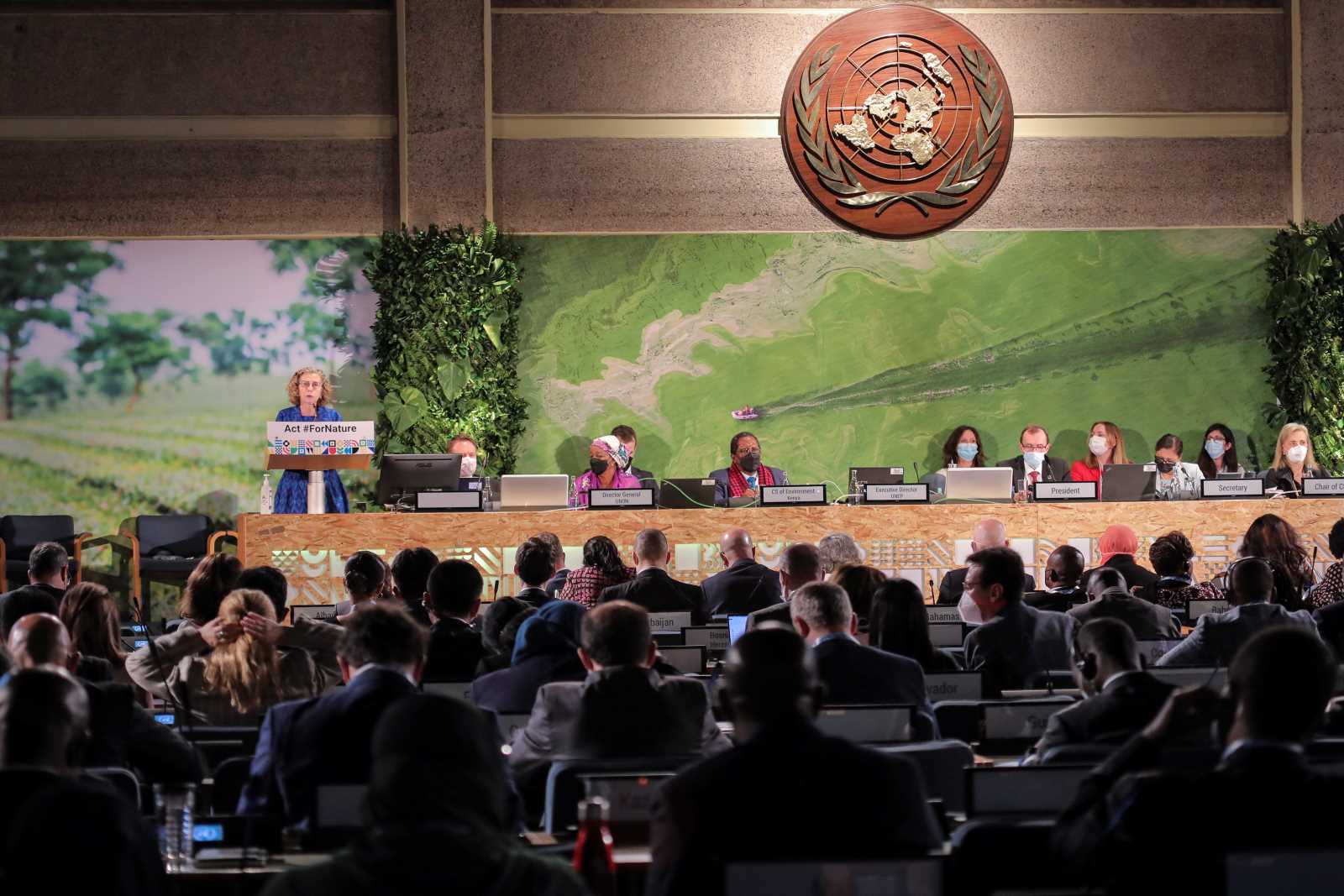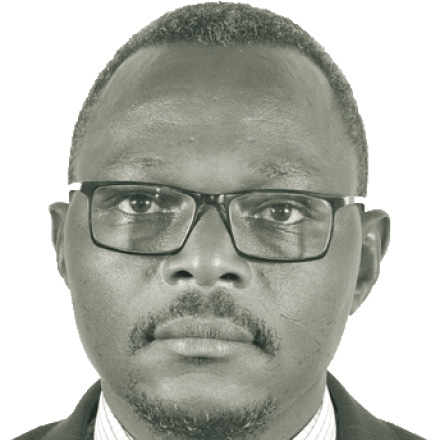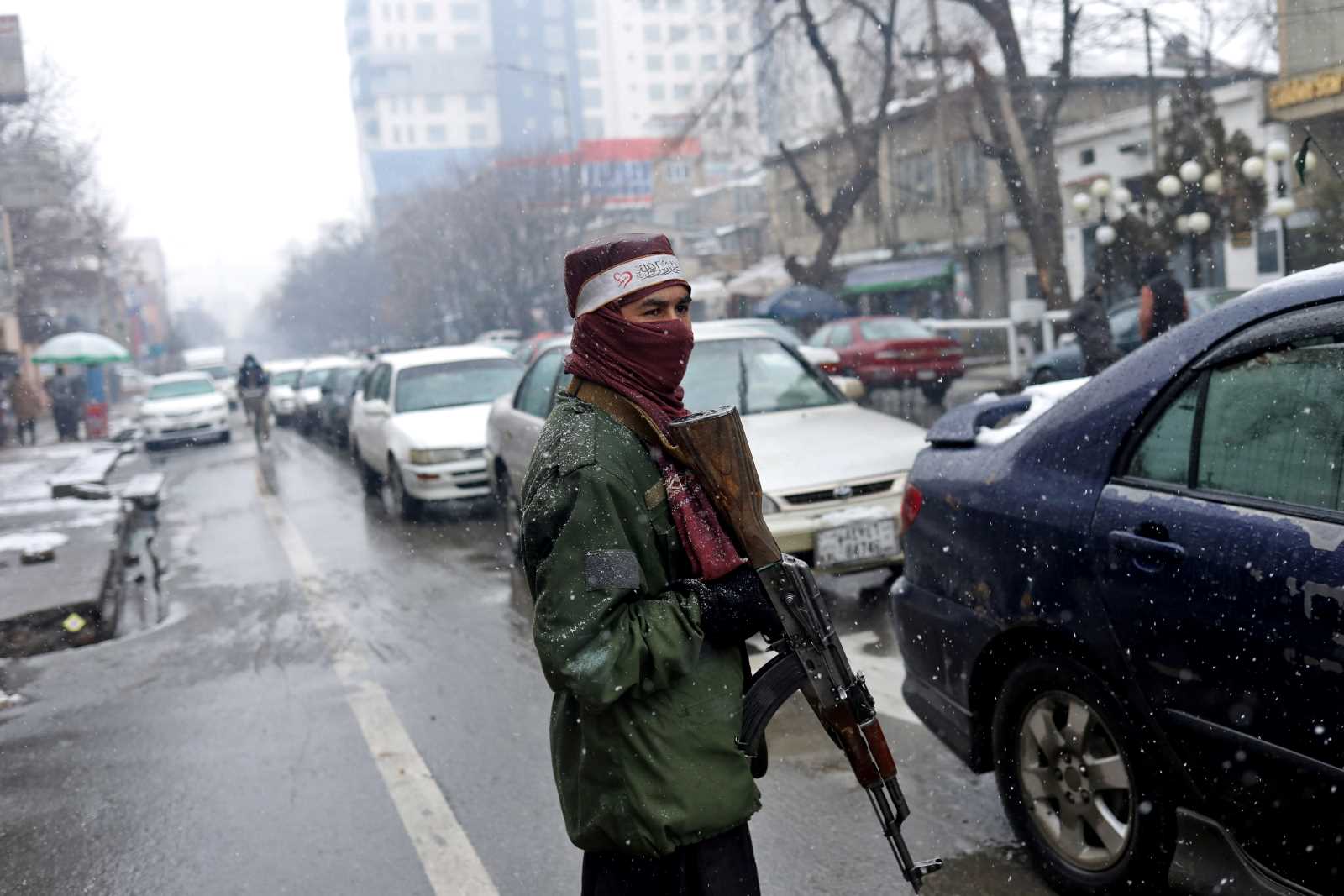Development assistance
Tapping new sources

“There is plenty of money in the world that could be used for development”, claims Eric Solheim, the chair of the Development Assistance Committee (DAC) of the Organisation for Economic Co-operation and Development (OECD). According to him, there are substantial kinds of funding that are hard to see. For instance, migrant workers sent in remittances worth $ 352 billion home to developing countries last year. That sum was higher than development assistance and foreign direct investment combined. However, charges for remittances sometimes run up to 10 %. The World Bank wants those costs to be cut in half, arguing that such a step would free up more billions that could directly benefit people in developing countries.
The OECD’s Development Co-operation Report 2014 maintains that much more sources of funding could be tapped. The authors write that creative ways of raising money for sustainable development are needed. Options include crowdfunding, vaccine bonds, international levies, carbon taxes or the redirection of fossil fuel subsidies (please note essay by Anthony Jude on page 410 ff.). The OECD report estimates that innovative financing mechanisms can „raise over $ 600 billion every year – five times as much as ODA in 2012.“
Official development assistance (ODA) is currently at around $ 135 billion a year.According to the European Commission, the total of public and private resources available to developing countries amounted in 2010 to approximately $ 7 trillion. This goes to show that ODA is just a small part of international development finance.
Sharing risks
Often, private investors are hesitant to invest in development because of high costs and risks they must shoulder alone. By reducing risks, governments and international organisations can boost investor confidence and mobilise private funds, including foreign direct investment (FDI). The OECD authors propose some instruments that would be helpful: One option is to pool private and public funds; guarantees are another option.
Institutions like the International Finance Corporation (IFC) are already offering financial guarantees. The IFC belongs to the World Bank and focusses on private-sector development. Thanks to its guarantees, its clients get access to funding from other financial institutions that would otherwise not do business with them. At the same time, the guarantees are supporting the development of capital markets in developing countries. Guarantees can apply to many things, including bond prices or foreign-exchange rates. Pierre Jacquet, President of the Global Development Network – a research network, spin-off of the World Bank –, comments that “risk mitigation is at the core of a modernised, reinvented role for ODA.”
However, guarantees alone won’t attract private investment. More things are needed, according to the OECD, including a healthy business environment, sound legislation and regulations, reliable payment mechanisms, transparent bidding processes and so on. Moreover, the report points out that governments need to bolster development from within, by boosting their tax capacity and fighting corruption. At present, too much money is being syphoned off in illicit financial flows.
But other, positive kinds of financial flows are also on the rise, writes Sachin Chaturvedi from the Research and Information System for Developing Countries, a policy research institute in New Delhi, in his chapter on South-to-South co-operation.
Financing peace
The OECD publication warns that “problems without passport” such as war and violent conflicts are blocking poverty reduction and sustainable development. It adds that “traditional development approaches are not equipped to tackle” these issues. Peace, however, is a precondition for development, while development reinforces peace.
The OECD report’s chapter on security was written by Tilman Brück and Gary Milante from the Stockholm International Peace Research Institute (SIPRI). They suggest some interesting ways to finance peace initiatives. For instance, governments could issue “peace bonds” like they issue “war bonds” to raise money for their security agenda. Brück and Milante argue that peacekeeping activities could be financed in a similar way.
The characteristics of poverty are also changing. India and Nigeria, for example, have risen from the category of poor countries to the middle-income category, but a large share of their people is still destitute. Paradoxically, today about 1 billion extremely poor people live in middle-income countries.
At the same time, the poorest nations are hardly making any progress at all, and statehood is fragile in many of them. Without external assistance, fragile states have little capacity to build infrastructure and provide basic health services and education. According to the OECD, these countries cannot attract much FDI and will continue to depend on ODA. The report reckons that within the next five years, most extremely poor people will be living in fragile states. DAC chair Solheim therefore suggests that 50 % of ODA funds should be “directed to the poorest and most fragile countries.”
New and innovative instruments are needed to reduce poverty and in order to reach the global Sustainable Development Goals, which the UN is preparing as a follow-up to the Millennium Development Goals (MDGs) from next year on. Angel Gurría, the secretary-general of the OECD, concludes: “Ending poverty, preserving the environment, combatting climate change, ensuring peace and security, increasing resilience, and establishing a fair and equal trading system are no longer national issues. They are challenges that must be addressed and supported at the global level.”
Sheila Mysorekar
Link:
OECD (2014): Development Co-operation Report 2014: Mobilising Resources for Sustainable Development.
http://dx.doi.org/10.1787/dcr-2014-en














